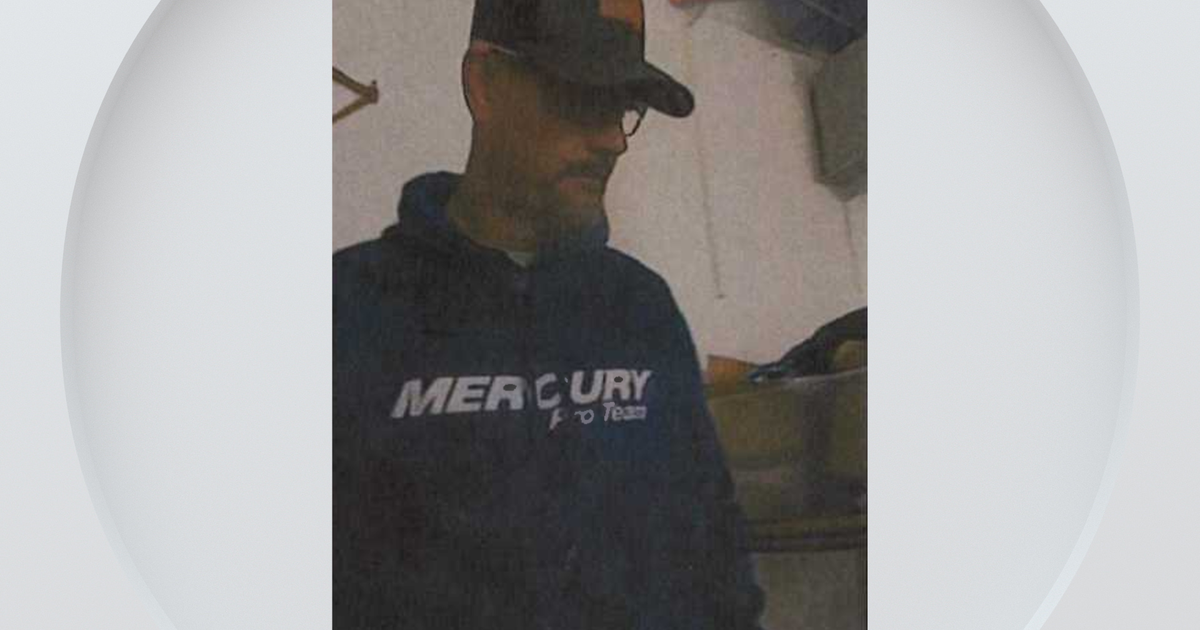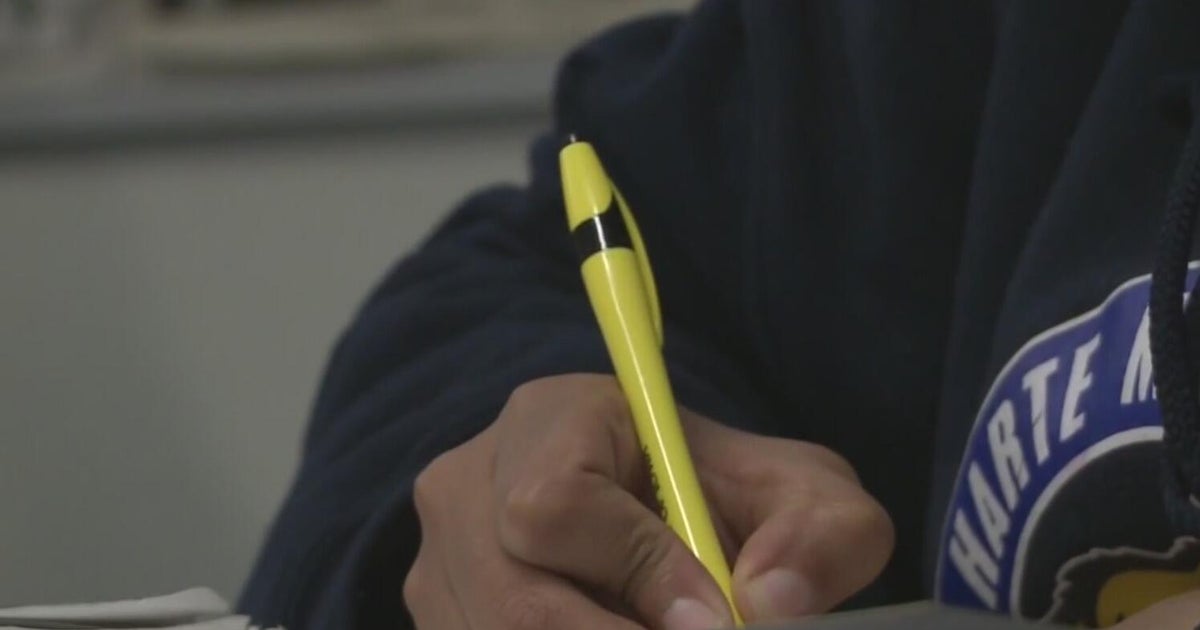Body Donation Law Would Change Under House Bill
By EMMA FIDEL/Associated Press
LANSING, Mich. (AP) - Dr. Joyce deJong has performed close to 2,500 autopsies in her career as a forensic pathologist and medical examiner. But she still marvels at the memory of learning from dead bodies as a student.
"Once they're embalmed, everything has a sort of tan, brown color to them. But then you'd see something (humanizing) like some pink nail polish, and you say, `Wow," she said. "It has an impression. I can't imagine that it would not, on a medical student."
Now deJong is working to ensure all Michigan medical students can fully experience the same "rite of passage." As the founding chair of pathology at Western Michigan University School of Medicine, she's backing legislation in the state House that would allow any accredited medical school to receive dead body donations.
People can currently donate their bodies to one of three medical schools - Michigan State University, University of Michigan or Wayne State University - which then allocate some donations to other schools and hospitals. But Michigan's new medical schools want to receive bodies independently to promote donations in their areas and streamline the process.
The number of medical schools in Michigan doubled from three to six in recent years, largely in response to a shortage of doctors in many areas of the state. Oakland University began its medical school classes in 2011, Central Michigan University's started in 2013 and Western's will start this fall.
Since medical students begin learning from cadavers in their first year, the need for donors is unprecedented. Dean Mueller, anatomical donations coordinator at Michigan, said the schools "always seem to have enough somehow" but "never have a surplus."
"If this could encourage people to donate more to their local school, it will be great for medical education. I don't look at it as somebody is going to be taking away donations from us," he said about the House bill, which is sponsored by Rep. Matt Lori, R-Constantine.
Wayne State receives 150 to 200 body donations each year, while Michigan receives around 275, program representatives said. MSU received about 120 bodies in 2013. Around 95 percent of bodies donated to Wayne State are used for medical or dental teaching, while 5 percent are used for research.
Western will receive bodies from Wayne State and MSU before classes start in August. Since the school's first 50 medical students will use pre-dissected cadavers, deJong said it needs just eight bodies to start.
Program coordinators said the legislation would help utilize more potential donors across the state, since transportation time and costs make eastern schools less likely to accept a body from western Michigan.
"Lately we've been getting quite a lot of calls from the west side of the state, so that's going to be really helpful," said Barbara Norgan, supervisor of the MSU donation program.
Leaders of the newer medical schools also hope school loyalty will encourage direct donations. Donors' motivations run the gamut from valuing education to financial imperatives to religious reasons.
"They might donate because they went to school here," Mueller said. "They might donate because we saved their life in a surgery at the hospital. Sometimes they donate to us because they like our football team."
The opposite can also be true.
"Occasionally they're fussy about which one they go to," deJong told the House Healthy Policy committee last month while advocating for more donation programs.
Rep. George Darany, D-Dearborn, drew laughter from the hearing room when he said he could relate.
"I'm a U of M guy and I'm not sure I'd want to go to MSU."
© Copyright 2014 The Associated Press. All Rights Reserved. This material may not be published, broadcast, rewritten or redistributed.







